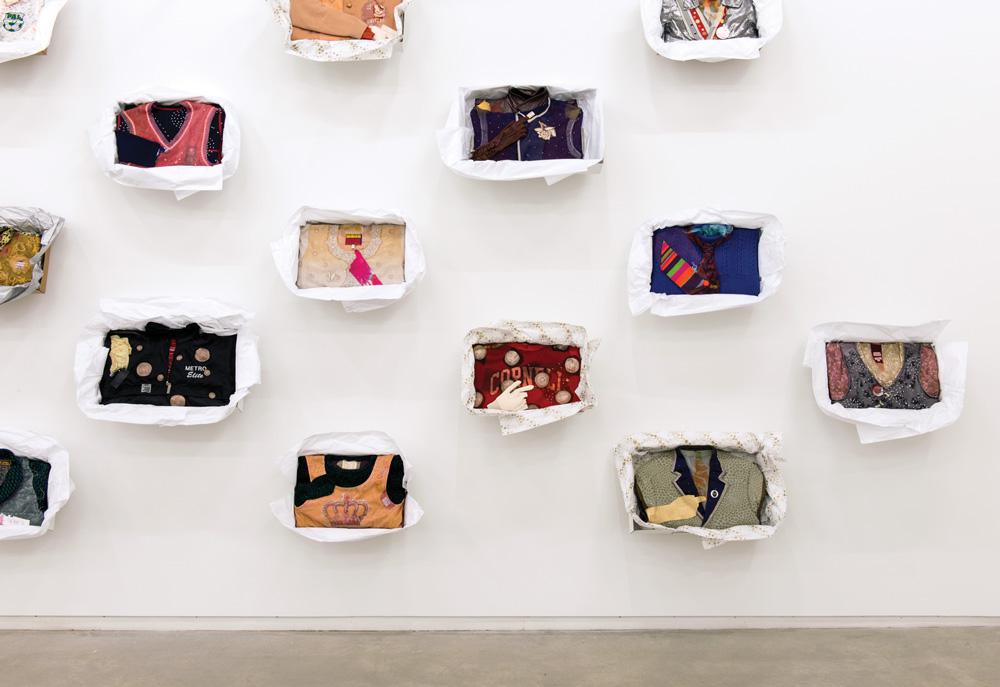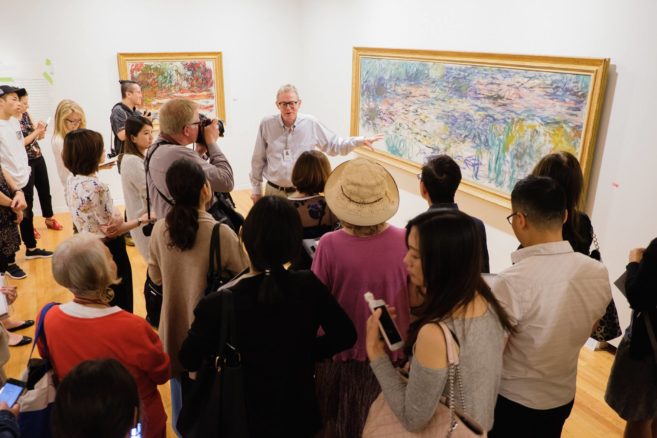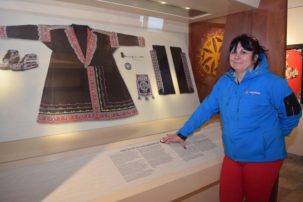Vancouver-based artist Liz Magor is the recipient of the 2014 Gershon Iskowitz Prize. The award, which is presented annually to an artist who has made an outstanding contribution to the visual arts in Canada, includes a $50,000 cash prize and a solo exhibition at the Art Gallery of Ontario in the following year.
Since the 1970s, Magor’s work has explored such themes as memory, history, shelter, survival, and the outsider. In some of her recent works, Magor has altered old woollen blankets, using mending and other techniques to highlight the intimate yet expansive nature of these objects. In other recent works, Magor has worked with found clothing and driftwood.
Magor has influenced many younger Canadian artists as associate professor of visual arts at Vancouver’s Emily Carr University of Art and Design. Forthcoming exhibitions include “A Thousand Quarrels” at Presentation House Gallery in Vancouver, which opens June 7; “You’ve Really Got a Hold on Me” at Oakville Galleries, which opens June 8; and a major survey exhibition at the Musée d’art contemporain de Montreal, which will open in 2016.
In a release related to the prize, Magor commented “that the benefactor of the Gershon Iskowitz Prize was an artist is what makes this honour particularly significant to me. Its impetus comes from a real understanding that the possibility of lack of support is an unavoidable risk for expressing a point of view that may not be popular or profitable. That we maintain some social functions free of pure economic concern is fundamental to the generosity of this award.”
Jurors for the 2014 prize included curator Peggy Gale and artist Geoffrey James, who are both trustees of the Iskowitz Foundation, and Toronto artist Max Dean.
The 2013 Gershon Iskowitz Prize was awarded to Vancouver-based artist Geoffrey Farmer. His automated sculpture Every day needs an urgent whistle blown into it will debut at the AGO on July 5.
The Gershon Iskowitz Prize was founded by painter Gershon Iskowitz (1921—1988). Iskowitz recognized the importance of grants in the development of artists in Canada, in particular acknowledging that a grant from the Canada Council in 1967 gave him the freedom to create his distinctive style.
This post was corrected on June 3, 2014. The original post incorrectly stated that Gershon Iskowitz received a Canada Council grant in 1987 that helped him create his distinctive style. In fact, that particular grant was received in 1967.

 Some of the 36 boxes in Liz Magor's Being This, one of her recent works made out of paper, textile and found materials. Installation view from an exhibition at Catriona Jeffries. Photo: Scott Massey.
Some of the 36 boxes in Liz Magor's Being This, one of her recent works made out of paper, textile and found materials. Installation view from an exhibition at Catriona Jeffries. Photo: Scott Massey.







